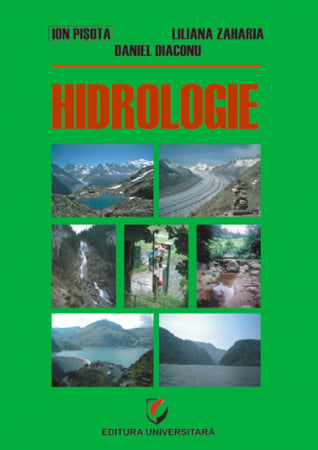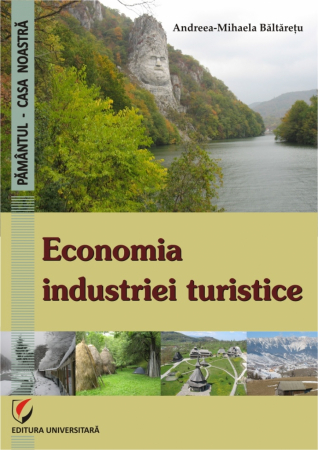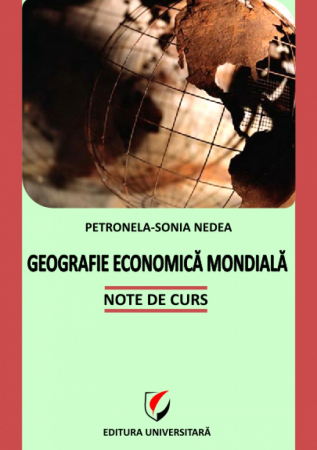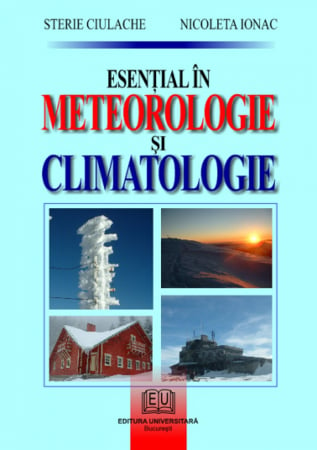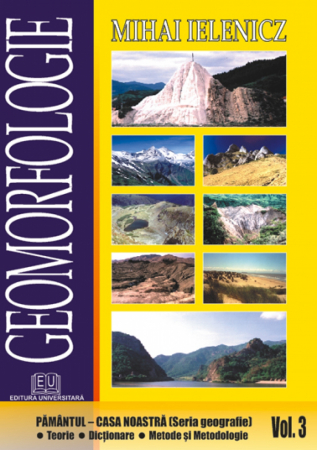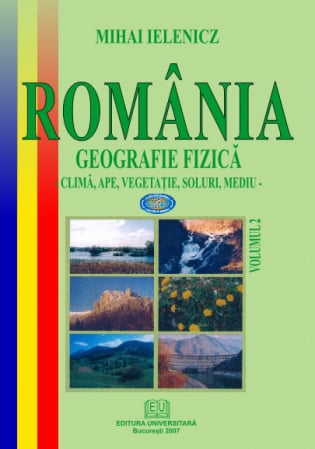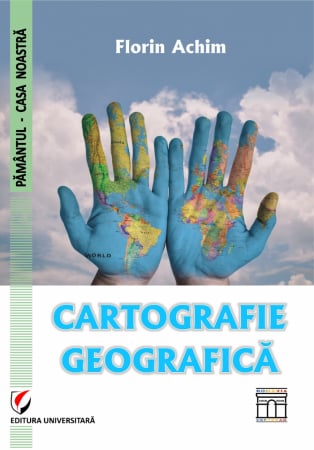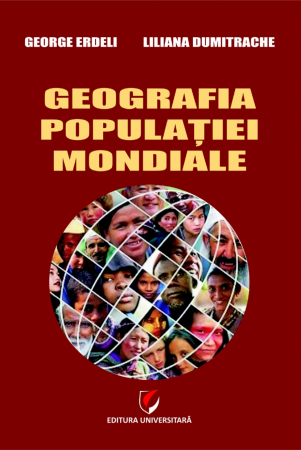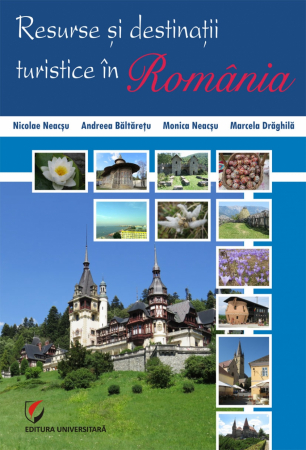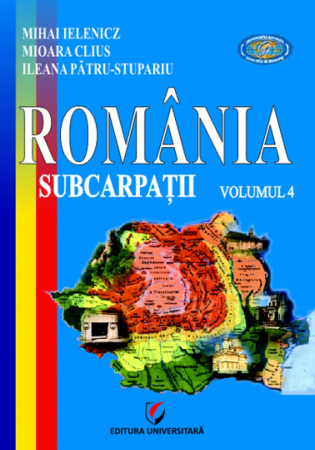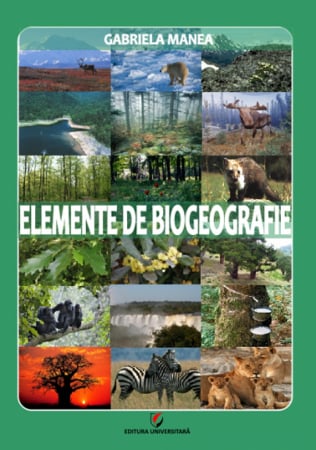ISBN: 978-606-28-0530-2
DOI: 10.5682/9786062805302
Publisher year: 2017
Pages: 202
Publisher: Editura Universitară
Author: Elena Matei
- Description
- Download (1)
- Content
- Authors
- Reviews (0)
The sustainable development paradigm asks humankind to stay in equilibrium with the environment for the welfare of the planet and the selfinterest of human society. Many nations developing their tourism industry have initiatives of making tourism more sustainable, but they face many issues. Among these may be mentioned: the ad hoc development of infrastructure which conflict with the environment through ecological requirements failure, uncontrolled flows of tourists, the effects of climatic change etc. In this respect, it is necessary a conjugate effort to identify the tools for sustainable tourism, to build future projects for and with consumers, researchers, local communities, private/public stakeholders.
Without claiming that this book comprehensively discusses the issue of sustainable tourism development, in fact it aims to provide a platform for better understanding of the topic for students and scholars interested in. In this framework, the book takes a geographical approach to its coverage of sustainable tourism, nested within the framework of sustainable development goals, starting with an overview of principles, organizations, actors, and beneficiaries. Other subjects addressed in the course are: the environment as a tourist resource, impacts of tourist activities on components of the environment, types and forms of sustainable tourism, what are the requirements of a sustainable destination. A chapter is aimed at clarifying certain concepts related to tools that can be used by students as a methodology for the analysis of certain themes on sustainable tourism. The last chapter provides a brief diagnosis of the Romania's tourist industry, and some indicators useful in assessing sustainable development.
I hope that this book will be helpful to all interested in sustainable development of tourism in Romania.
This book is based on experiences and observations in different places on five continents, and especially in U.S., for which I thank Prof. W.S. Keeton and the Trust for Mutual Understanding for funding the scientific exchange. In Romania, these experiences were provided through cooperation with the Tourism Marketing Organization of Romania, National Tourism Authority, and stakeholders in the tourism market, local communities, and non-governmental organizations.
Author
-
Turism si dezvoltare durabila
Download
INTRODUCERE/ 11
1. NOTIUNI INTRODUCTIVE. DEZVOLTARE DURABILA. TURISM DURABIL/ 13
1.1. Conceptul de dezvoltare durabila /13
1.2. Turismul durabil: concept, principii, directii majore/ 16
1.3. Limite si controverse in dezvoltarea durabila a turismului/ 20
2. ACTORII IMPICATI IN POLITICILE DE DEZVOLTARE DURABILA/23
2.1. Rolul organismelor mondiale in dezvoltarea durabila/ 23
2.2. Uniunea Europeana si organismele regionale catre o dezvoltare durabila a turismului/ 26
2.3. Natiunile si politicile dezvoltarii durabile /29
2.4. Turismul - furnizor de dezvoltare durabila / 29
2.5. Implicarea agentilor economici din turism /31
2.6. Organizatiile non-guvernamentale si turismul durabil/31
2.7. Rolul comunitatilor locale si turistilor in dezvoltarea durabila a turismului /32
2.8. Parteneriate pentru turismul durabil/ 34
3. MEDIUL SI TURISMUL: RESURSE, IMPACTE, MASURI/ 37
3.1. Atmosfera si turismul/37
3.1.1. Mediul aerian ca resursa turistica / 37
3.1.2. Impactul turismului asupra mediului aerian /41
3.1.3. Sistemul de monitorizare a calitatii aerului / 43
3.2. Interactiuni intre mediul acvatic si turism /44
3.2.1 Hidrosfera ca resursa turistica multivalenta /44
3.2.2. Monitorizarea calitatii apelor/ 45
3.2.3. Impactul turismului asupra hidrosferei /46
3.3. Raporturi intre biosfera si activitatile turistice/ 46
3.3.1. Biodiversitatea ca resursa turistica / 46
3.3.2. Serviciile biosferei pentru turism / 48
3.3.3. Impactul turismului asupra biosferei /49
3.4. Pedosfera si turismul /50
3.5. Litosfera: geormorfositurile si turismul/51
3.5.1. Impactul turismului asupra geomorfositurilor/ 53
3.6. Antroposfera si turismul/ 53
3.6.1. Oferta si problemele generale ale mediului antropic/ 53
3.6.2. Impactul turismului asupra antroposferei /54
3.7. Serviciile mediului inconjurator pentru turism/ 56
4. SUSTENABILIZAREA INFRASTRUCTURII TURISTICE/ 59
4.1. Sustenabilizarea infrastructurii turistice /59
4.1.1. Sustenabilizarea infrastructurii cu functie de cazare/ 59
4.1.2. Structurile de cazare turistica ecologice/60
4.2. Dezvoltarea durabila a unitatilor cu functie de alimentatie publica/ 65
4.3. Agrementul turistic si dezvoltarea durabila/ 69
4.3.1. Agrementul pentru sporturile de iarna/ 71
4.3.2. Agrementul acvatic/ 72
4.3.3. Ciclismul si echitatia /75
4.3.4. Activitati in agrementul de aventura/ 76
4.3.5. Structuri complexe pentru divertisment /77
4.4. Cerinte pentru dezvoltarea durabila a infrastructurii de balneatie/ 80
4.5. Infrastructura mobilitatilor in turism / 83
4.5.1. Transporturile rutiere si turismul /84
4.5.2. Transporturile turistice feroviare / 85
4.5.3. Transporturile aeriene si turismul / 86
4.5.4. Transporturile turistice pe apa/ 88
4.5.5. Transporturile turistice pe cablu/ 89
4.5.6. Transportul cu propulsie biologica si turismul /89
4.6. Serviciile suplimentare/90
5. TIPURI SI FORME DE TURISM DURABIL/ 94
5.1. Ecoturismul si paradigma dezvoltarii durabile /95
5.2. Turismul de voluntariat/ 97
5.3. Turismul pro-saracie, o noua abordare in dezvoltarea durabila/99
5.4. Agroturismul /101
5.5. Turismul responsabil /103
6. DEZVOLTAREA DURABILA A DESTINATIILOR TURISTICE/ 107
6.1. Conceptul de destinatie turistica /107
6.2. Dimensiunile destinatiilor turistice /108
6.3. Destinatii turistice durabile /109
6.4. Tarile - sustinatoare ale destinatiilor turistice durabile/ 110
6.5. Factorii de dezvoltare a unei destinatii turistice durabile / 111
6.5.1. Resursele turistice naturale si antropice/ 111
6.5.2. Calitatea mediului inconjurator/ 112
6.5.3. Comunitatile locale /113
6.5.4. Consumatorii de turism /114
6.5.5. Gestionarea destinatiilor / 116
6.6. Evaluarea, monitorizarea, certificarea destinatiilor durabile/ 119
7. ASPECTE METODOLOGICE PRIVIND ANALIZA DEZVOLTARII DURABILE A TURISMULUI / 126
7.1. Metodologia de cercetare. Aspecte teoretice/ 126
7.1.1. Importanta observatiilor de teren si/sau laborator / 126
7.1.2. Surse de informatii si de obtinere a datelor/ 127
7.1.3. Prelucrarea datelor /129
7.2. Analize cantitative /129
7.2.1. Indicatorii primari si derivati/ 130
7.2.2. Indicatorii agregati: amprenta ecologica, amprenta de apa si de carbon/ 134
7.3. Metode de cercetare socio-geografice /142
7.3.1. Metode de cercetare cantitativa/ 142
7.3.2. Metode de cercetare calitativa /146
7.4. Repere pentru utilizarea GIS/ 148
7.5. Alte metode de cercetare /149
8. DEZVOLTAREA DURABILA SI TURISMUL IN ROMÂNIA /154
8.1. Aspecte diacronice ale dezvoltarii turismului in România / 154
8.2. Evaluarea bazei de cazare turistica/ 157
8.3. Oferta bazei de alimentatie in turism /166
8.4 Agrementul turistic /168
8.5. Presiuni, conflicte, disfunctionalitati / 170
8.6. Personalul din turism /185
8.7. Destinatii durabile in emergenta/ 186
Anexe / 189

6359.png)
![Tourism and sustainable development [1] Tourism and sustainable development [1]](https://gomagcdn.ro/domains/editurauniversitara.ro/files/product/large/turism-si-dezvoltare-durabila-476-23700.jpg)
